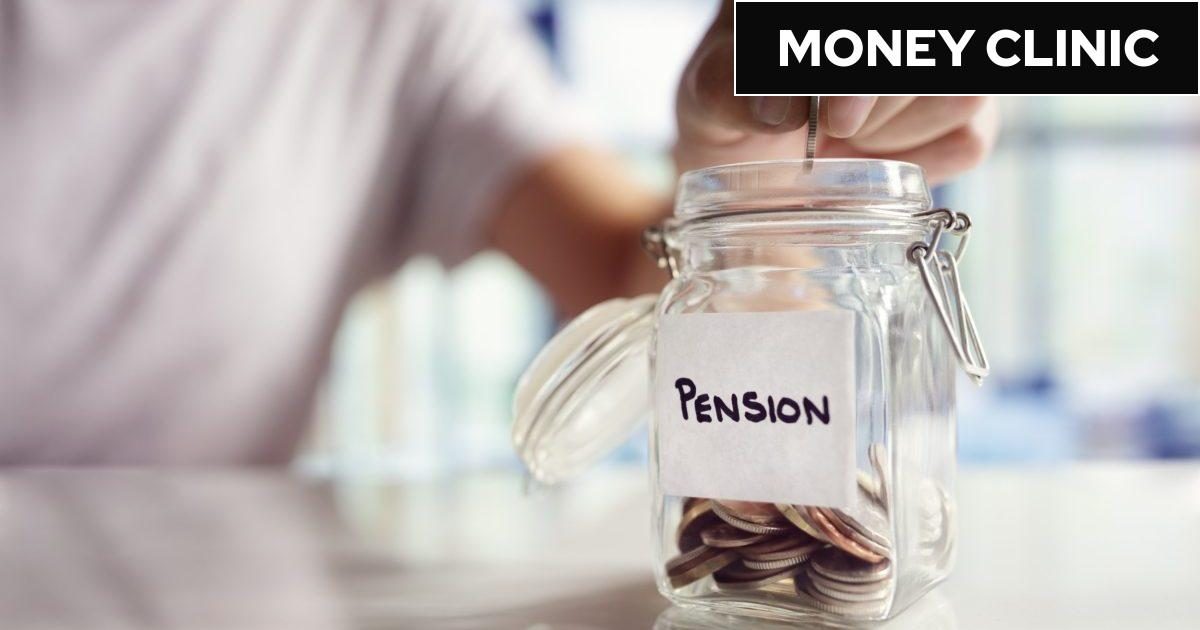A reader wants to know their options when claiming their pension – and if their family will have to pay inheritance tax
In our weekly series, readers can email in with any question about retirement and pension savings to be answered by our expert, Tom Selby, director of public policy at investment platform AJ Bell. There is nothing he does not know about pensions. If you have a question for him, email us at money@inews.co.uk.
Question: I am a 72-year-old widower and have income from state and private pensions which is now approaching the 40 per cent tax band. I have no debt. My lifestyle is such that I have a monthly surplus which I pass to my two children.
I also have a SIPP worth in the order of £450,000 which I would also like to pass to my children. If I die before April 2027, I understand they will inherit it as is. However, my oncologist suggests I will live well into my eighties.
If I draw down my pension at, say, £50,000 each year I believe that I will pay tax on this at 30 per cent (25 per cent is tax free). This doesn’t seem unreasonable given no tax was paid on the original contributions.
Are there other options available to me to achieve this?
Answer: As your question is about the tax treatment of pensions on death, it’s worth taking a moment to set out how the rules work today and what is set to change from April 2027. Under current rules, any unspent ‘defined contribution’ (DC) pensions in your name on death can be inherited by your beneficiaries without them counting towards your ‘estate’ for inheritance tax (IHT) purposes.
In fact, if you die before age 75, it is possible for these unspent pensions to be inherited completely tax free, while if you die after age 75 your beneficiary will pay income tax on the funds when they come to access them.
This extremely generous tax treatment on death has meant in many cases it has made sense for people wanting to pass money onto loved ones after death to spend their retirement pot last to minimise the IHT burden.
All of that is set to change in just under two years’ time, however. Under plans unveiled by Chancellor Rachel Reeves at last year’s October Budget, unspent DC pensions will count towards your estate when determining whether IHT is due.
It’s important to keep a level head when considering IHT. While the tax is much-hated and often feared among Brits, most people’s beneficiaries will not actually pay it – even when pensions are brought into scope.
For anyone passing assets, pension or otherwise, to a spouse or civil partner, IHT will not be payable – and this will continue to be the case after April 2027.
Where you are passing the money to a non-spouse or civil partner, an IHT tax charge of 40 per cent will only apply to your estate above your IHT allowance, known as the nil rate band.
In 2025/26, this is set at £325,000 per person, with an additional £175,000 available when someone is bequeathing their main residence to a direct descendant. In addition, you can inherit any unused nil-rate band your wife or civil partner didn’t use.
Things to consider before ‘gifting’ your retirement pot
The first thing to note is that proposals to bring pensions into IHT are not, as yet, set in stone, and there has been significant pushback from the pensions industry, warning of the potential complexity, costs and delays the changes would create.
Furthermore, if you were to die before April 2027, as you are under age 75 under the current rules it would be possible for your entire unspent pension pot to be inherited completely tax-free.
If you want to start IHT planning even with this uncertainty, there are ways you can pass money onto loved ones which can reduce or potentially eliminate your estate’s tax liability. The primary method is to take advantage of so-called ‘gifting’ rules.
You can gift up to £3,000 a year to beneficiaries during your lifetime without it being added to the value of your estate for IHT purposes. Gifts over this amount are usually subject to the ‘seven-year rule’, meaning if you live for seven years after gifting the asset, such as money from your pension pot, the gift will not be subject to IHT.
If, however, you die within that period, there will be an IHT charge on any gifts made above your available nil rate band. If you die within three years your estate will pay the full 40 per cent. If you die between three and seven years of making the gift, your estate will be subject to IHT at a reduced rate.
It is also possible to make regular payments to another person without these being subject to IHT. There’s no limit to how much you can give tax free in this manner, as long as you can afford the payments after meeting your usual living costs and the gift comes from your regular monthly income.
The rules around this, and IHT in general, are quite complicated and it’s easy to make mistakes, so I’d strongly recommend speaking to a regulated adviser before making any decisions.
